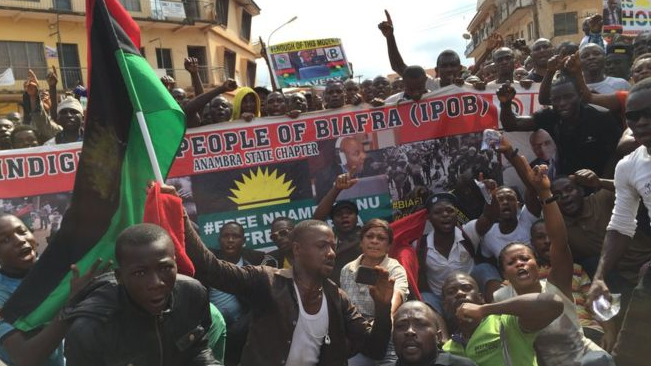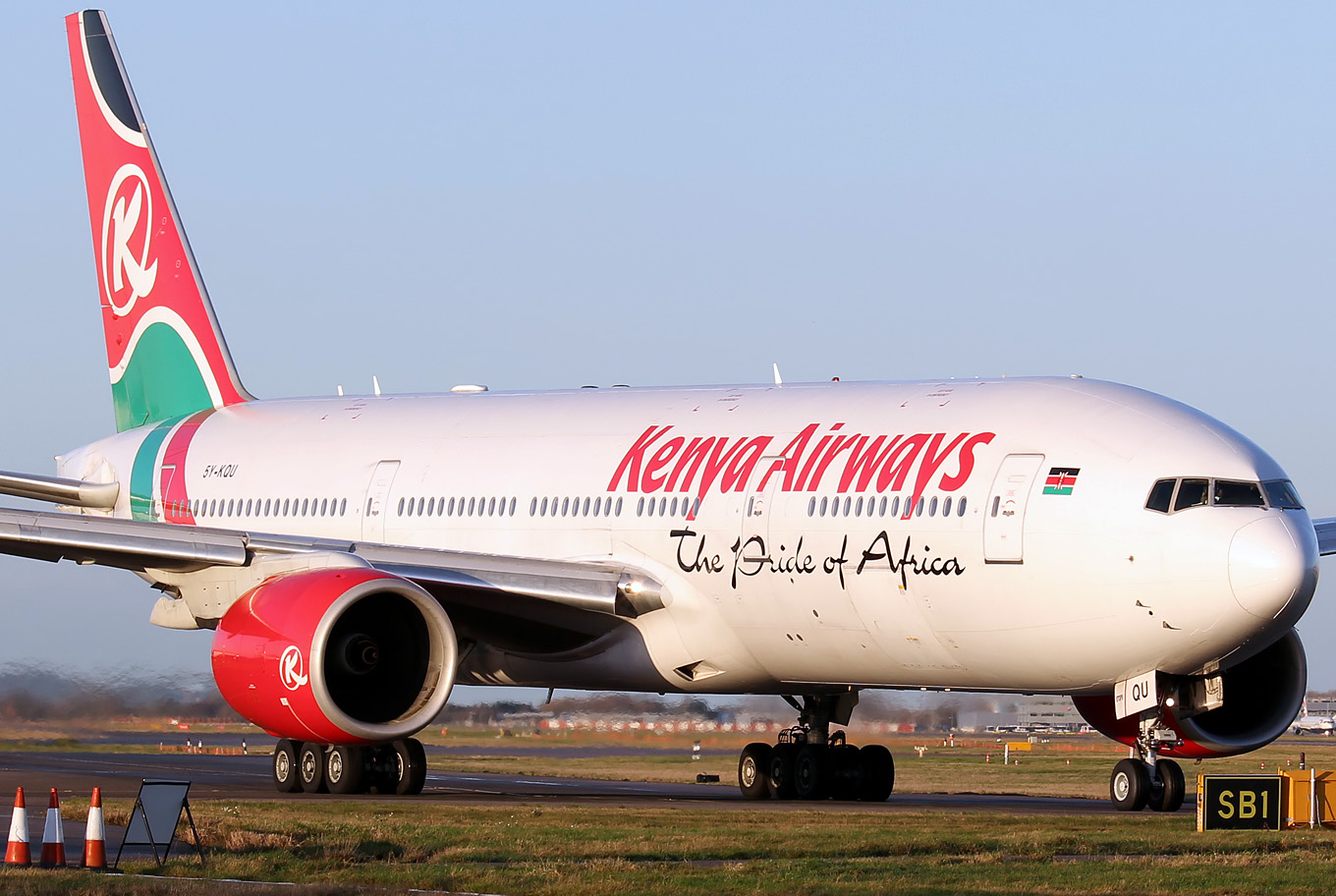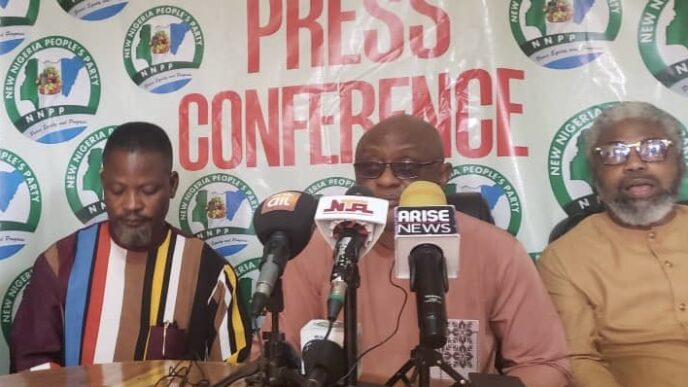The Indigenous Peoples of Biafra (IPOB) has approached the supreme court to appeal the judgment of the court of appeal affirming the proscription of the group.
On January 30, the court of appeal in Abuja upheld the order proscribing IPOB.
The three-member panel of the appellate court unanimously held that the federal government acted lawfully in banning IPOB.
Hamma Barka, the presiding judge, dismissed IPOB’s appeal, describing it as “unmeritorious”.
Advertisement
In 2017, a federal high court in Abuja declared IPOB’s activities as “acts of terrorism”.
Abdul Kafarati, the presiding judge at the time, had ruled that the group’s actions across the country — especially in the south-east and south-south regions — amounted to terrorism and illegality.
Following the ruling, former President Muhammadu Buhari signed a presidential proclamation proscribing the secessionist group.
Advertisement
GROUNDS OF APPEAL
In its notice and grounds of appeal dated February 7, IPOB, through Aloy Ejimakor, the lead counsel, asked the supreme court to dismiss the judgment of the appeal court.
The appeal is anchored on five grounds.
The group argued that the appeal court erred in law when it stated that the threat to national security or emergency is greater than the right of the appellant to fair hearing.
Advertisement
IPOB averred that the court erred when “it interpreted ‘Judge in Chambers’ as is provided in the Terrorism Prevention (Amendment) Act 2013 to mean that the appellant had no right to be put on notice or to be heard before the trial court”.
“The court below erred in law when it affirmed a decision that breached a non-derogable provision of the Constitution that prohibits subjecting the Appellant (and its members thereof) to disabilities or restrictions on the basis of their ethnic group, place of origin or political opinion, even when any threat to national security is alleged,” the appeal reads.
“The court below erred in law when it held that the proceedings or procedure by which the Appellant was proscribed and declared a terrorist organization, being “propelled by civil procedure” does not require proof beyond reasonable doubt but by preponderance of the evidence, especially when the allegations of terrorism, murder, bomb-making, threats to life and indeed all the allegations made against the Appellant by the Respondent are all allegations of crime that require proof beyond reasonable doubt.
“The court below erred in law when it arrogated to itself the power to proclaim a state of emergency (even though termed threat to national security/emergency by the court below) when such power is — by the Constitution — reserved to the President of Nigeria who also must take such step in accordance with the provisions set out in the Constitution.”
Advertisement
Add a comment











